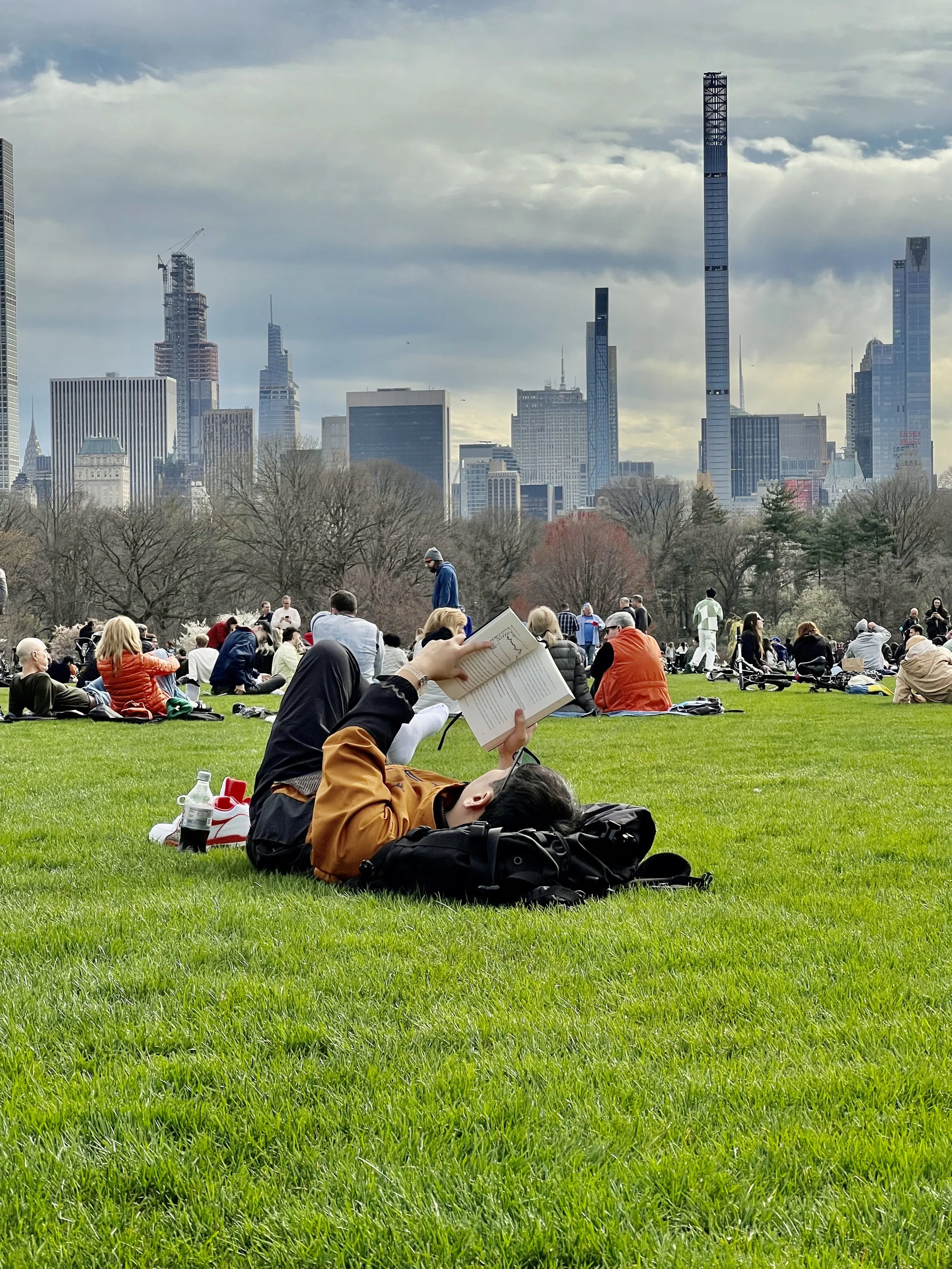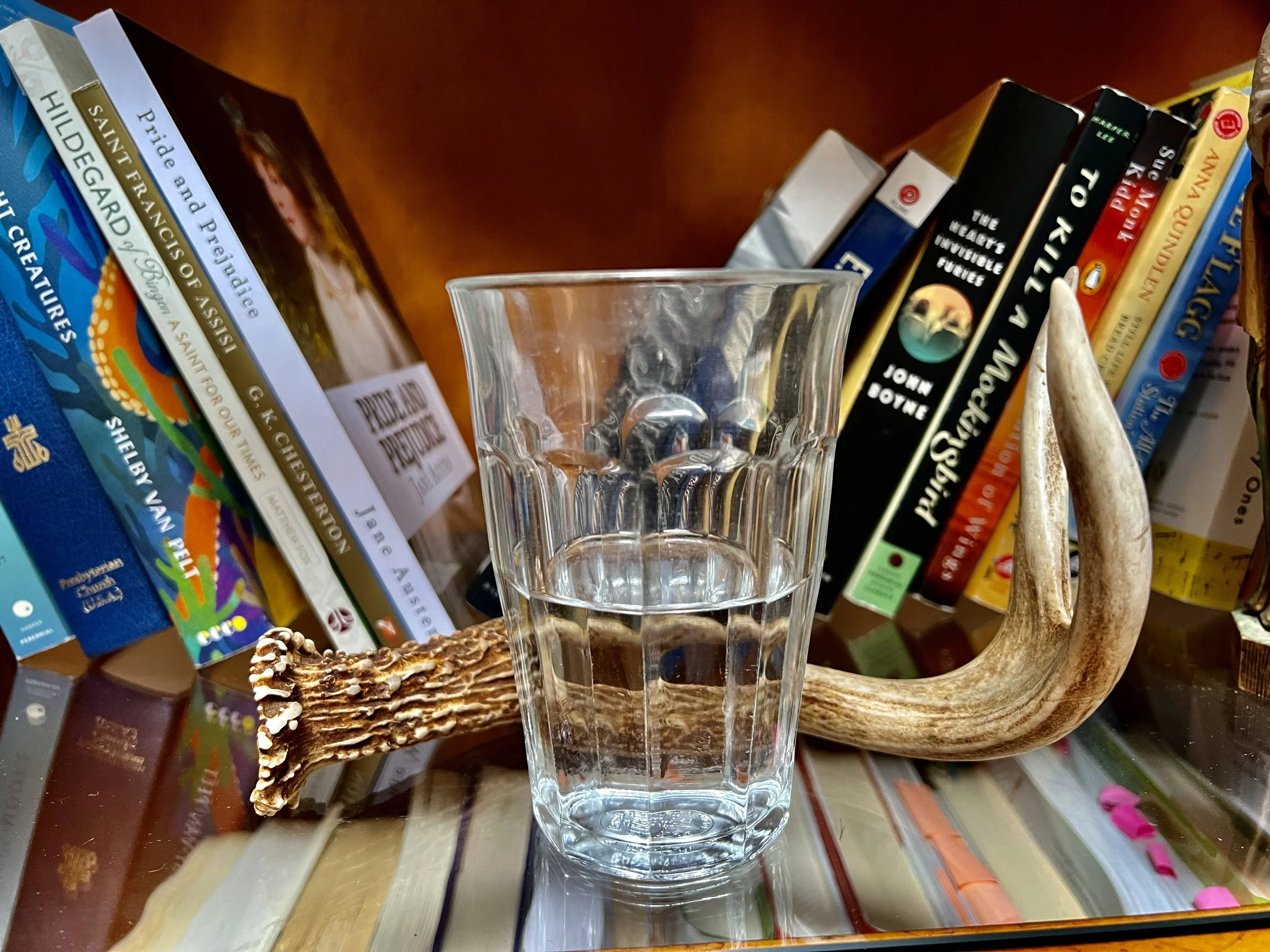Read All About It
Read All About It
Did you grow up in a family that read? I did not. Unless of course you mean the tides, the stars, the human heart. It was a ‘read when you have to’ – not ‘read when you want to’ kind of life. Sure, there were golden books around for quiet moments, of which there were few, and there was a treasured set of World Book Encyclopedias which seemed to hold the secrets of the universe A to Z. They sat heavily on a shelf in the living room to remind us how much there was to know in the world. If there was a school project due, we would rely on those encyclopedias or a trip to the local library. Funny how significantly things have changed and the entire world of information seems to be always at our finger tips. I am in awe of what a cataclysmic transformation that has been, and all within my lifetime!
Maybe we were born just a generation or two after illiteracy in portions of the immigrant communities. Often the importance of survival seemed to trump learning to read, or at least spending time reading. It wasn’t until 1920, that all states required students aged 8 to 14 to attend school for part of the year. My own father was born in 1913 and had to leave school early to support his family once his mother died. But he was so wise to the world and full of an intelligence that seemed to transcend the knowledge books offered.
Funny that each of us has come from a different place and a family with different backgrounds and priorities and how each of us are products of that history – who we are and how we are in the world. Growing up, my best friend’s family each sat at the breakfast and lunch table with their 800-page books and read through the meal, in fact I believe they still do. It was very quiet at mealtime. Our family spreads seemed to be full of chatter and the clatter of dishes and silverware. And I’m not sure if either approach has left us in a different place in life. Our histories affect us, they don’t define us.
Now my home is filled with too many books, more than I will ever have the opportunity to read even if I do nothing but read for the next twenty years.
Tsundoku is the act of collecting and letting books pile up without reading them. And I imagine I have a considerable case of tsundoku. Accumulating books beyond possible capacity of use or enjoyment are often symptoms of a bibliomaniac. Though being surrounded by books may be a comfort to some it may be an unrealistic mission and calling to others.
Now in my re-retirement I find myself drawn to the many books I’ve never read – and I have to admit a few new ones that find their way into the house. I deliberate whether to read fiction or nonfiction and I have come up with a plan- daytime reading nonfiction and nighttime reading fiction. I’m not sure, but I think it might work.
The world seems to be so filled with noise. While reading I not only enjoy the knowledge, the escape and the adventure books provide, but I also enjoy the quiet – the quiet they allow in- of the wind blowing, the birds singing, the rain falling on the roof, as well as the quiet they surreptitiously provide for us to listen to the silence and the musings of our souls.


